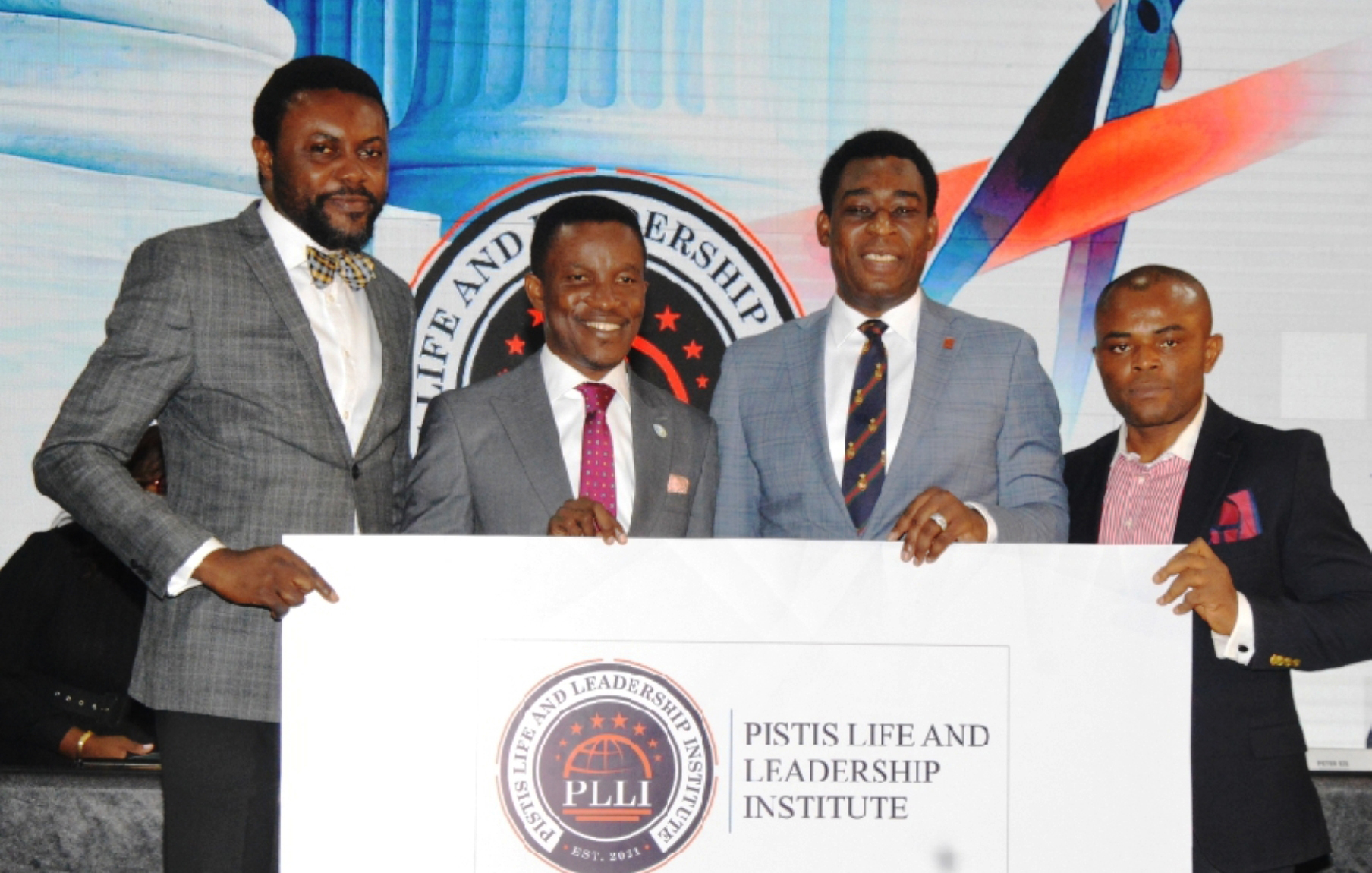Business
Seven Banks Rake In N403.6bn From Fees, Commissions

Seven deposit money banks in Nigeria generated the sum of N403.6 billion in nine months from fees and commissions, financial statements of the banks for the third quarter of this year have revealed.
This amount is 24.7 per cent higher than the N303.9 billion recorded in the same period of 2020 by the banks.
The banks are Access Bank Plc, Zenith Bank Plc, Stanbic IBTC Holdings Plc, Guaranty Trust Bank Limited, United Bank of Africa Plc, Fidelity Bank Plc and Union Bank of Nigeria Plc.
The N403.6bn was arrived at after aggregating the net fee and commission income.
Fees and commissions account for a significant percentage of non-interest income for banks, and represent income from account maintenance fees, electronic banking fees, and other credit-related commissions.
Net fee and commission income is the actual revenue generated from these charges after expenses incurred from providing the services have been deducted.
Access Bank raked in a total of N88.9 billion as against N71.8 billion generated during the same period in 2020.
The bank’s financial report also showed that it made N16.2 billion from account maintenance and handling commission, and the sum of N46.3 billion from channels and other e-business fees.
During the review period, Zenith Bank made N65.1 billion from fees and commissions, 47.2 per cent higher than the N44.2 billion generated in the corresponding period of the previous year.
The bank made N24.2 billion from current account maintenance and N23.9 billion from fees on electronic products.
UBA generated N110.9 billion, N25.9 billion higher than the N85bn made in the nine-month period of 2020. It made N7.1 billion from account maintenance charges and N41.9bn from e-business fees.
Stanbic’s net fee and commission revenue of N60.9 billion rose by 13.1 per cent from the N52.9 billion generated in the corresponding period of 2020.
Account maintenance fees accounted for N3.7 billion while electronic banking charges accounted for N2.5 billion of the total fees and commission income.
According to the financial statement of GTB, N51.8 billion was generated between January and September from fees and commissions, a N19.1billion jump from the revenue recorded in the same period of 2020.
The bank disclosed that the sum of N13.1 billion was generated from account maintenance fees while e-business fees produced N15.6 billion.
Union Bank raked in N10.3 billion from fees and commission in the period under review. Account maintenance fees accounted for N1.7 billion while electronic bank charges contributed N6.7 billion.
Fidelity Bank generated a total of N15.7 billion in the three quarters, rising by N5.6 billion in the same period a year earlier.
The bank made N2.8 billion from accountant maintenance fees and N6.7 billion from e-business fees.
On January 1, 2020, the apex bank ushered in a new regime for bank charges. The changes to its guidelines mostly affected things like card maintenance fees, charge for hardware tokens and the amount that can be paid for electronic transfers.
In a circular dated December 20, 2019, the CBN placed N2,500 as the maximum cost for a hardware token.
It also said that bills payment including bills payment through other e-channels should cost a maximum of N500, and gave a range of costs for electronic funds transfer.
Business
NCDMB, Dangote Refinery Unveil JTC On Deepening Local Content
Business
Food Security: NDDC Pays Counterpart Fund For LIFE-ND Project
Business
Replace Nipa Palms With Mangroove In Ogoni, Group Urges FG, HYPREP
-
Opinion3 days ago
Checking Herdsmen Rampage
-

 Niger Delta3 days ago
Niger Delta3 days agoHYPREP Trains Lab Technicians To Standardise Water Quality In Ogoniland
-
Sports3 days ago
Coach Eager To Transform El Kanemi Warriors
-
News3 days ago
Tinubu, Govs Forum Congratulate Okpebholo On S’Court Victory …As Obaseki Expresses Disappointment
-
Rivers3 days ago
NDDC: Staff Walk Ten Kilometers To Commemorate 25th Anniversary
-
Rivers3 days ago
VALVA Restates Commitment Education Advancement, Literacy In Nigeria
-
Politics3 days ago
Obey Order On AA In Six Days, Court Directs INEC, Yakubu
-

 Niger Delta3 days ago
Niger Delta3 days agoCancer Risk: HYPREP, IARC Launch Human Biometric Study in Ogoniland

